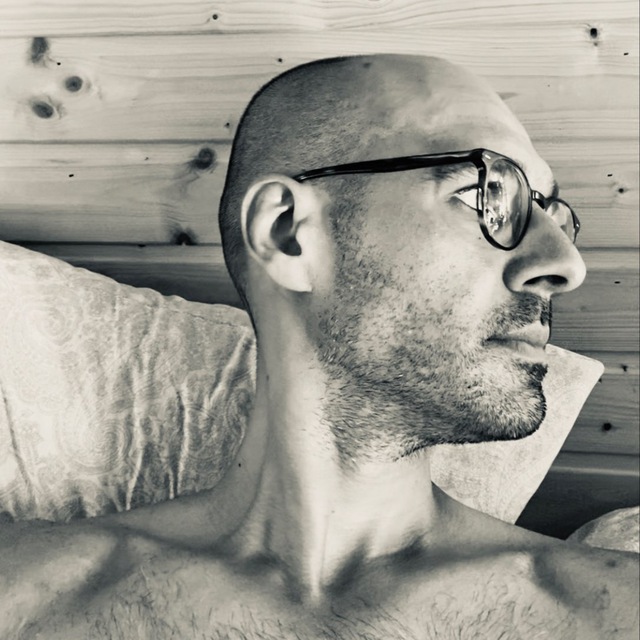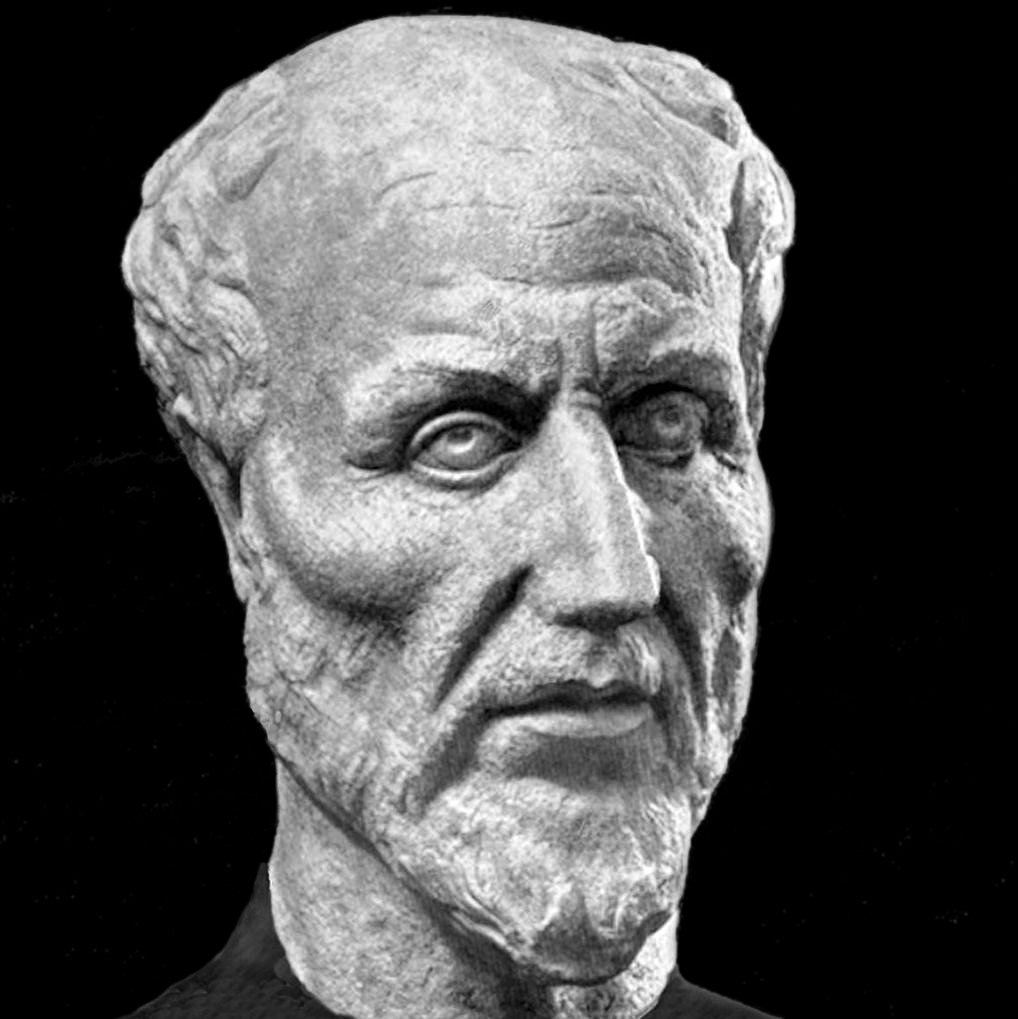Comments
Check out our elevator pitch or sign in
Next Up...
Philosophical positions rejected by Plato
Nominalism:
Plato disagreed with the nominalist view that general terms (universals) are merely names or labels for collections of individual, unrelated things. He believed that universals, like "beauty" or "justice," represent real, objective Forms that exist independently of our minds and the physical world.
Materialism:
Plato rejected the idea that only physical matter exists. He proposed a dualistic view, arguing for the existence of both a material world and an immaterial realm of Forms, which he considered more real and fundamental.
Skepticism:
Plato did not believe that knowledge is impossible or unattainable. He argued that while our senses can be deceptive, reason and intellect can lead us to true knowledge of the Forms.
Relativism:
Plato opposed the idea that truth and morality are subjective and vary from person to person. He believed in objective, universal truths and moral standards grounded in the Forms.
Mechanism:
Plato rejected the idea that the universe operates solely on mechanical principles, like a machine. He believed that purpose and design, guided by the Forms, play a crucial role in the cosmos.
Sense-perception as the primary source of knowledge:
Plato argued that our senses can only provide us with imperfect copies of reality, not true knowledge of the Forms. He believed that true knowledge comes from reason and intellectual insight into the Forms.
 Andreas
AndreasPlotinus, founder of Neoplatonism

Why don't you do a little deep dive into Plotinus, in our library?
 Andreas
AndreasOn intuition and different ways of knowing
We live in an overly materialistic world that is currently obsessed with the illusion that reality could be reduced to that which can be proven.
After decades of scientific stagnation, nobody really wants to admit that scientism has turned into a religion and not into a particularly appealing one. The average person literally understands science as an authoritarian system where truth trickles down a hierarchical system and where lack of evidence for something is equal to disproving something. “Trust the experts” and “Do you have a source for that?” are nothing more than an expression of the fact that the current order is ruled by anti-spiritual midwits.
Reality, however, is something that is deeply obscure, and most of what is real will simply never be proven in a materialistic way. It’s simply not possible, and it’s a foolish assumption.
In order to delve into topics like the nature of reality and the origin of consciousness, we MUST accept that there are different ways of knowing than simply looking at evidence and deductive reasoning. Evidence and deductive reasoning will never conflict with the truth, but neither will they bring to light any new aspects of reality. Materialistic reasoning has reached its limits with what it can accomplish, and anyone who is not satisfied with what it has delivered in the last couple of decades must either turn back to knowledge that was lost in the past or develop new forms of knowing altogether.
Intuition is one of these forms of knowing.
When you know something but you don’t know how you know it. It’s a form of knowing that is more powerful than evidence-based knowing, because when you know something as a function of data, there’s always a chance that your data was wrong and you therefore drew the wrong conclusion. When you know something intuitively, there can be no doubt about it.
However, intuition works very differently than evidence-based knowing. In order to increase the amount of evidential knowledge, you simply increase the amount of evidence you look at. Intuition cannot be invoked in a similarly mechanistic fashion. In order to increase the amount of intuitive knowledge you have, you must train yourself to trust your intuition. You don’t increase the amount of intuitive inspiration, but you decrease the number of times when you fail to recognize your intuition.
Becoming a more intuitive person is a deeply spiritual journey that will necessarily lead you on a path of synchronicities and mysticism. You will not see things that you didn’t see before, but you will see what they mean, when before you thought they wouldn’t mean anything.
It’s not like seeing a tree for the first time, but it’s like looking at a forest and, for the first time, realizing it’s made up of trees.
If you’re trying to find the divine in your life, it’s not like invoking something new that wasn’t there before. It’s understanding how it was always there, but you missed it.
To learn to experience and to trust your own intuition is to strengthen your spirit both in perception and in manifestation. It’s a deeply alchemical and transformative process that will lead you to understanding the true meaning of the word gnosis.
Gnosis will never conflict with more simple forms of knowing, but it’s a form of superset of knowing. It is not a form of learning something new but a form of integrating what you already knew the whole time.
If that’s what you’re looking for, then you are who I built this place for, but I am not here to tell you what I know. I am here so you can discover what this place can do for you and attain that goal on your own.
 Andreas
Andreas